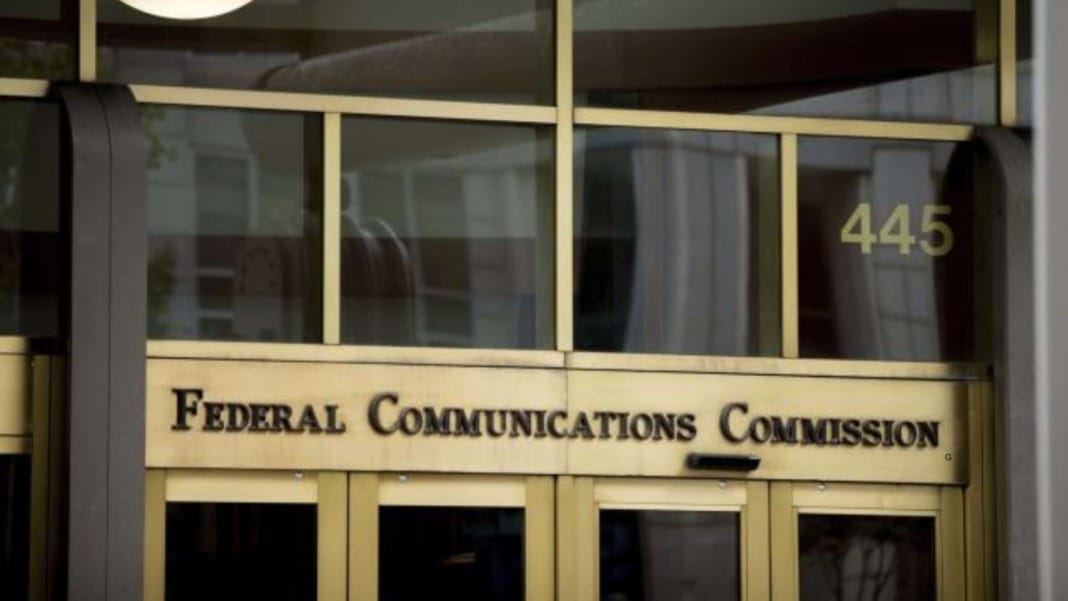A political consultant faces serious charges and a hefty fine after using a deepfake of President Joe Biden’s voice in a robocall scheme during the New Hampshire primary. Steve Kramer, who admitted to orchestrating the call, claimed his aim was to raise awareness about the dangers of artificial intelligence. The Hill reported that Kramer previously worked for Dean Phillips, a Democratic presidential candidate who suspended his campaign in March.
Kramer, now charged with 13 felony counts of voter suppression and 13 misdemeanour counts of impersonation of a candidate, allegedly used a fake Biden voice to dissuade people from voting in the primary, encouraging them to “save your vote for the November election.” New Hampshire Attorney General John Formella, who announced the charges, revealed that the robocall reached up to 25,000 voters.
Hefty fines and regulatory action
The Federal Communications Commission (FCC) has proposed a US$6 million fine against Kramer for allegedly violating the Truth in Caller ID Act by spoofing a local political consultant’s phone number. In addition, the telecom carrier Lingo Telecom, which operated the phone lines used in the robocall, faces a proposed US$2 million fine for allegedly violating caller ID authentication rules. Following the incident, the FCC swiftly banned the use of AI-generated voices in robocalls.
“New Hampshire remains committed to ensuring our elections are free from unlawful interference,” said AG Formella. “Our investigation into this matter continues, and the FCC will be announcing an enforcement action against Mr. Kramer for violations of federal law. It’s reassuring to see our federal partners equally dedicated to protecting consumers and voters from harmful robocalls and voter suppression.”
Future regulations on AI in political advertising
The FCC is considering requiring political advertisers to disclose the use of any AI in TV and radio spots. Despite this, chairwoman Jessica Rosenworcel is not pushing for a ban on AI-generated content in political ads. “As artificial intelligence tools become more accessible, the commission wants to ensure consumers are fully informed when the technology is used,” Rosenworcel said in a statement.





